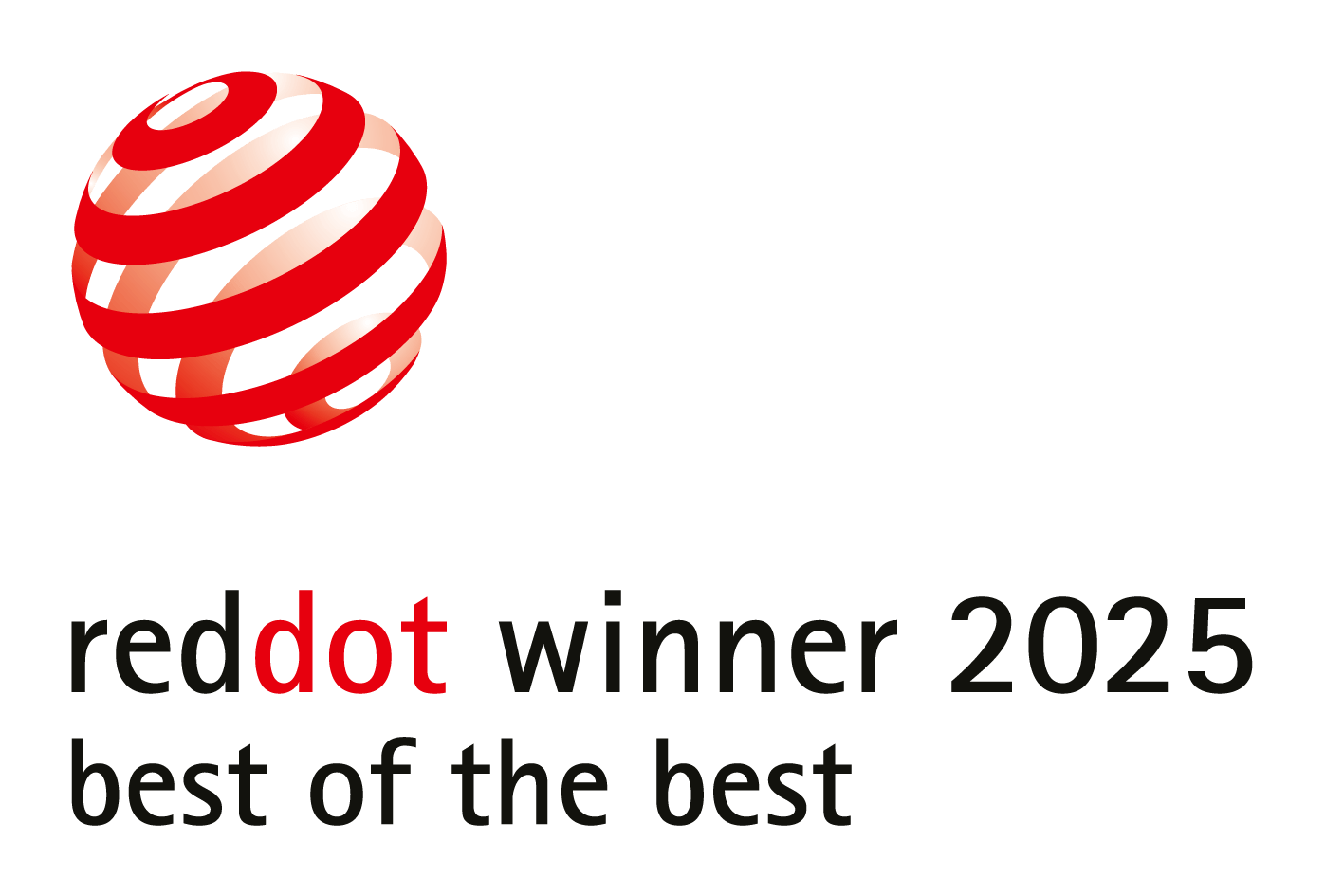Articles related to iA Presenter
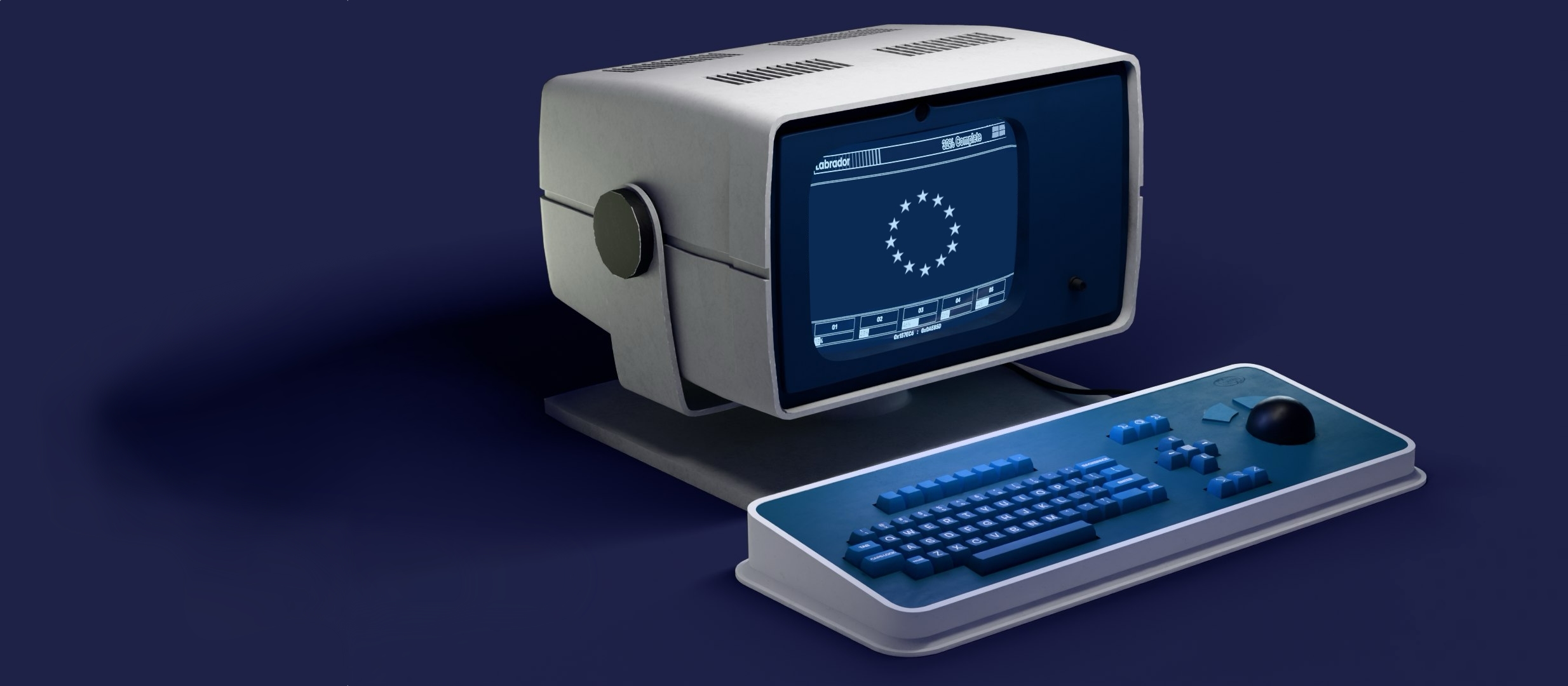
Trapped in MS Office
Seeking IT independence, Europe wants to escape Microsoft Office. The question is: where to?
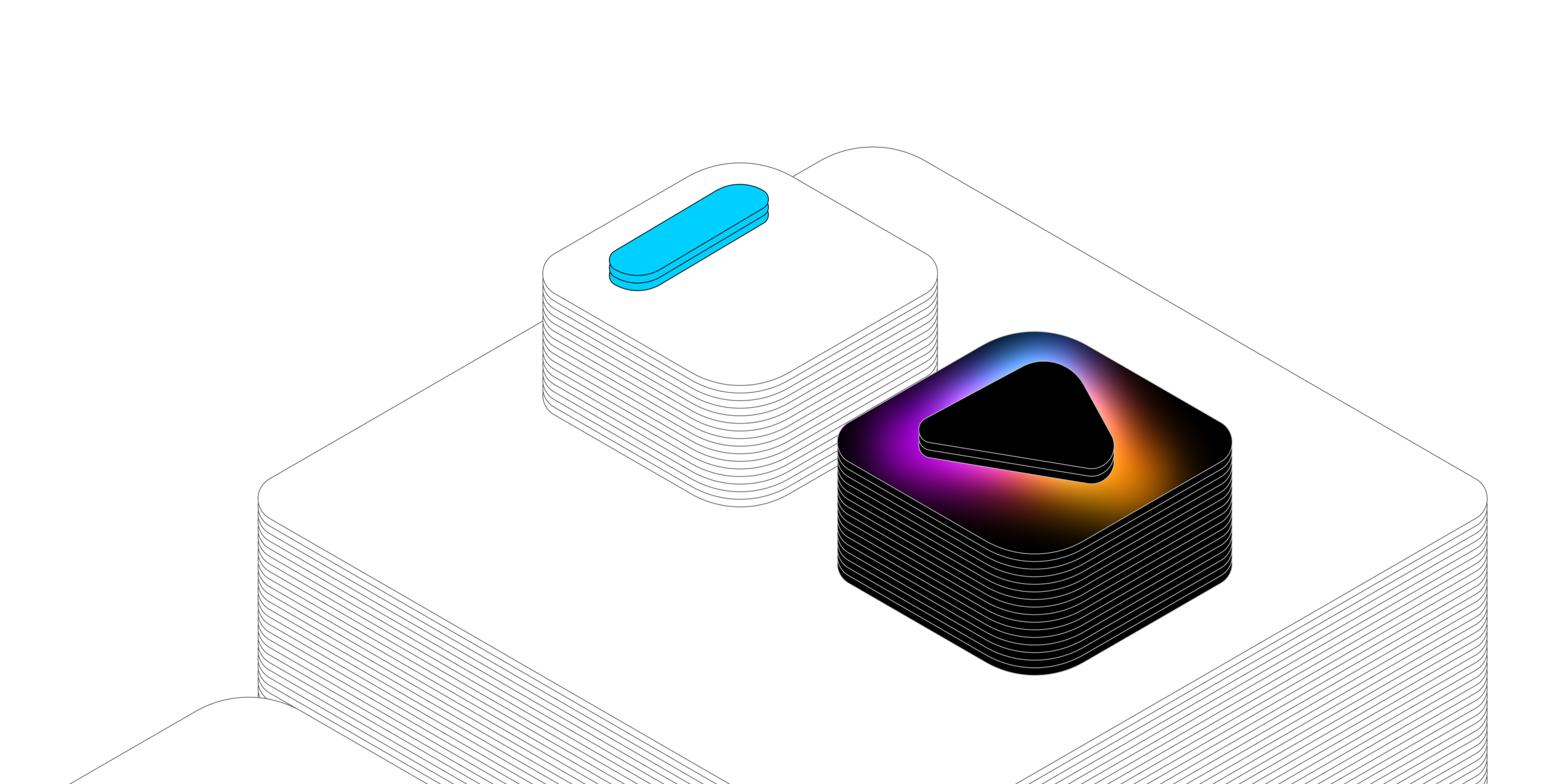
The 2025 iA Award Winners
And the winners this year are...
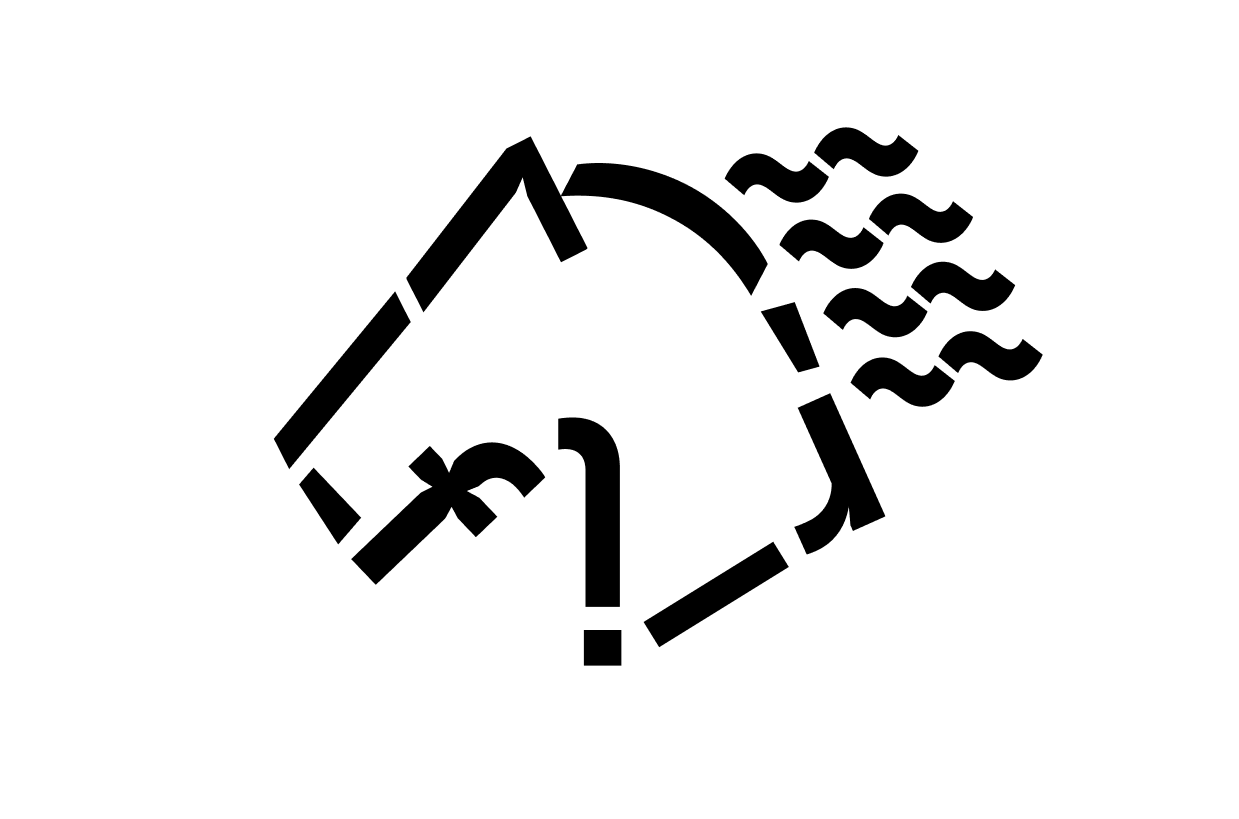
The 2025 iA Recap
A year packed with awards, fairs, and conversations with our users

iA Winterfest 2025
Celebrating both Winterfest and 20 years of iA this year, with one gift to enjoy each day.

How to Master iA Presenter
Tutorials, videos, and tips for story telling

New Year Recap 2024
Looking back before we look forward to the next year
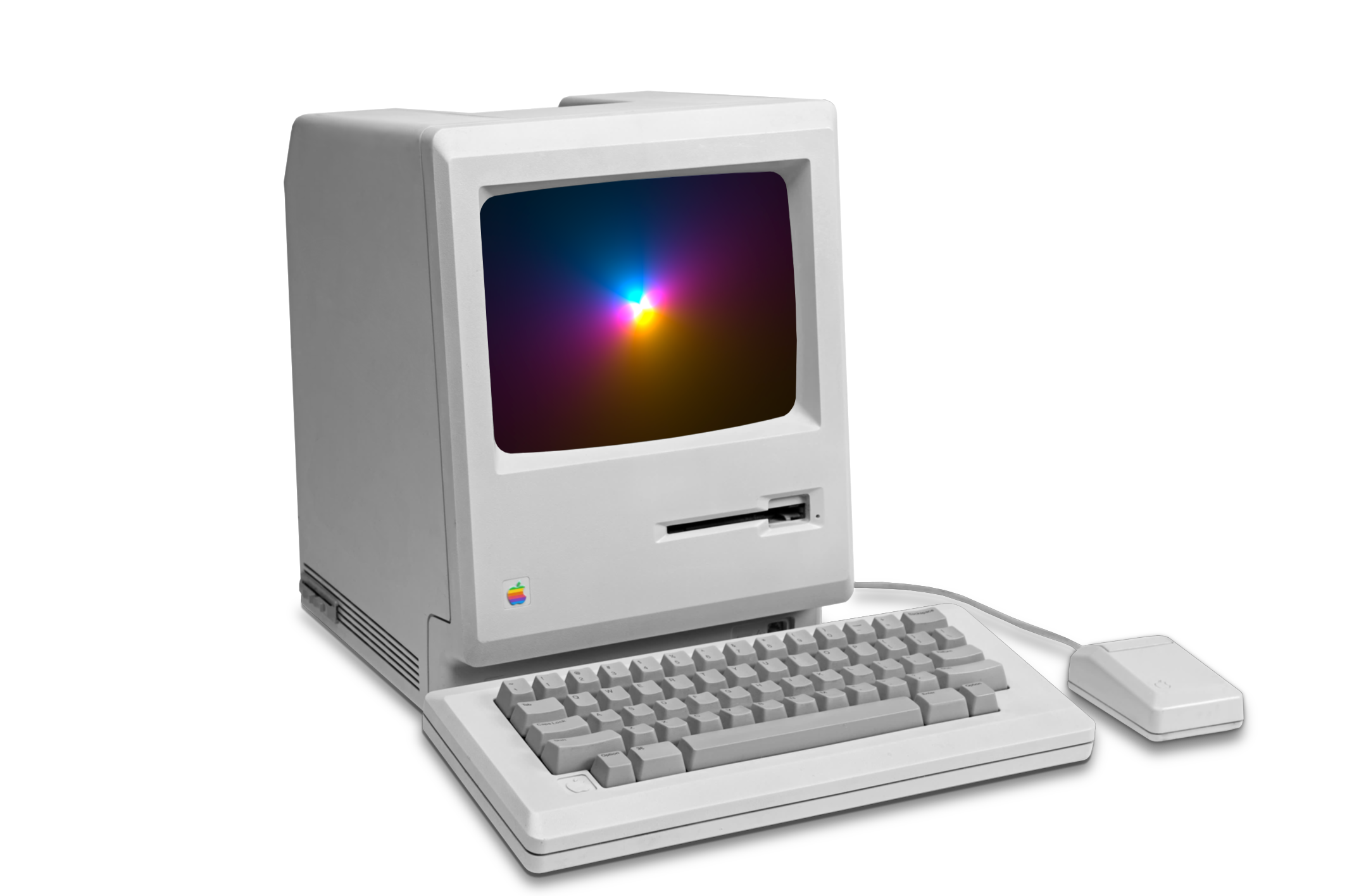
Slowly Melting Eye Candy
The screen saver you always wanted
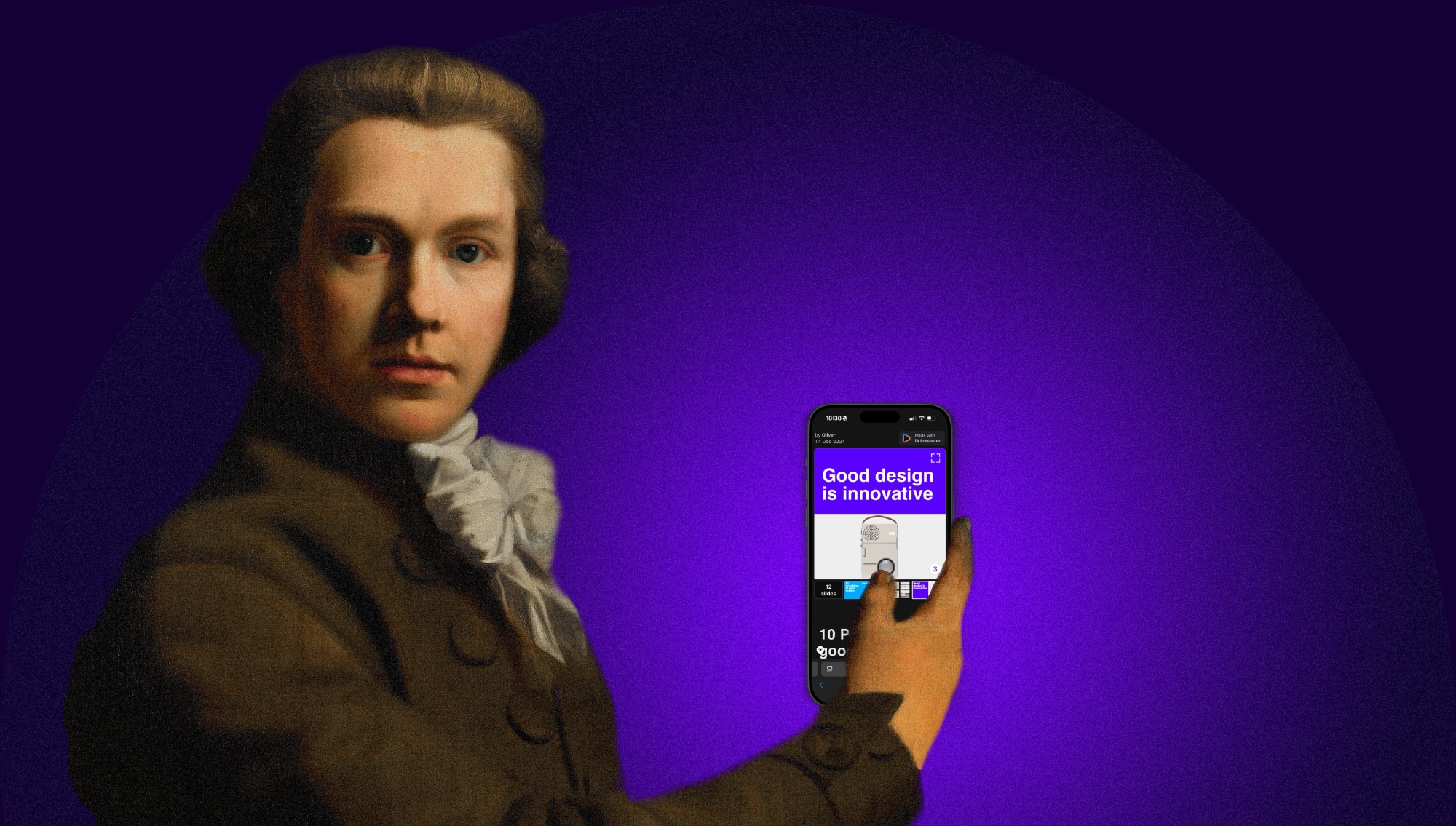
Share Your Presentation in One Click
Send the link—no login, no pinching, no squinting

New Wallpapers
For your phone, tablet or desktop computer

iA Winterfest 2024
A gift, every week, until Christmas
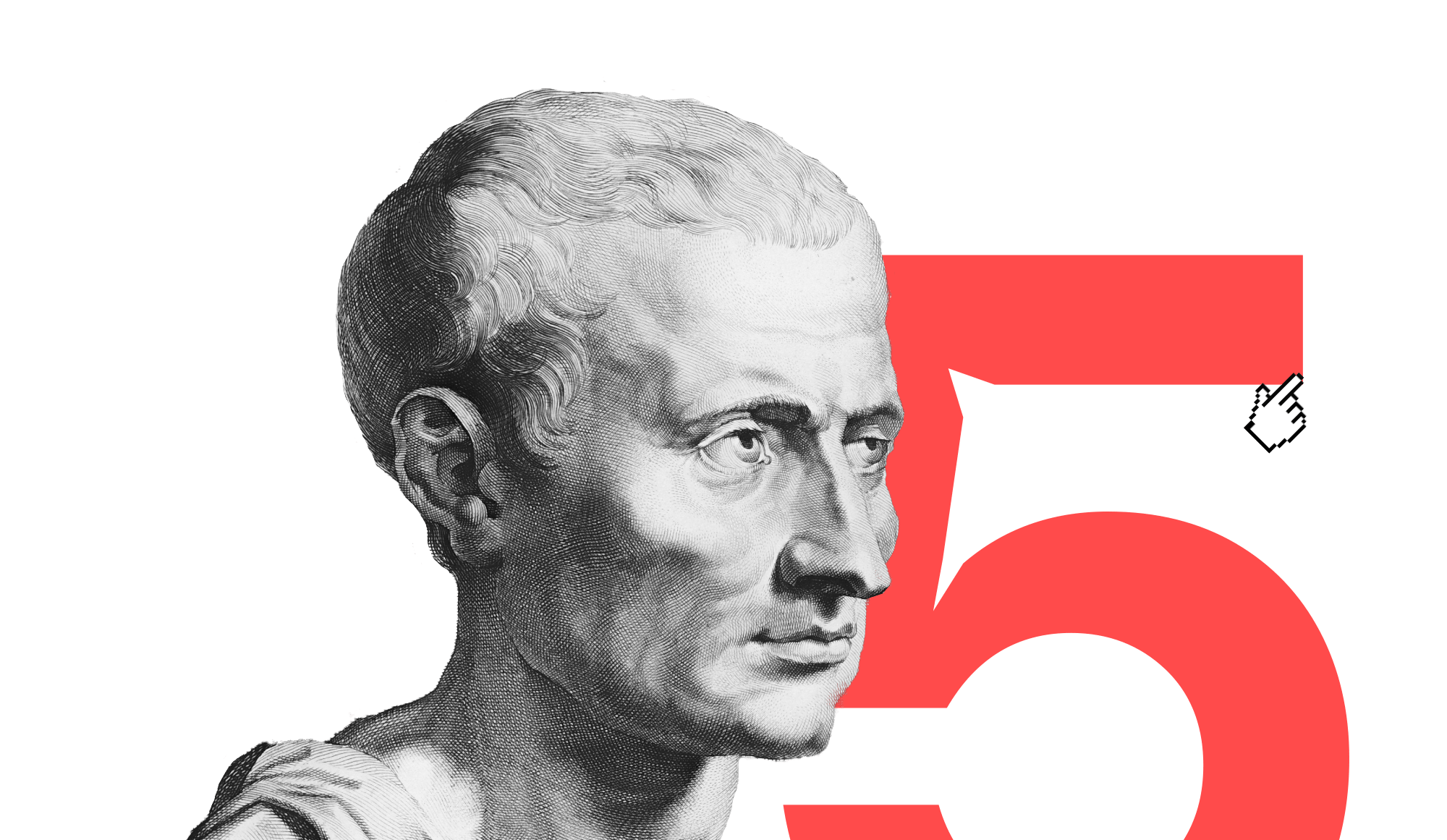
The Five Canons of Rhetoric
Create, structure, design, prepare—the rest is easy

Your speaking voice
Timeless advice

Add Images Fast With Unsplash
High-quality images for iA Presenter
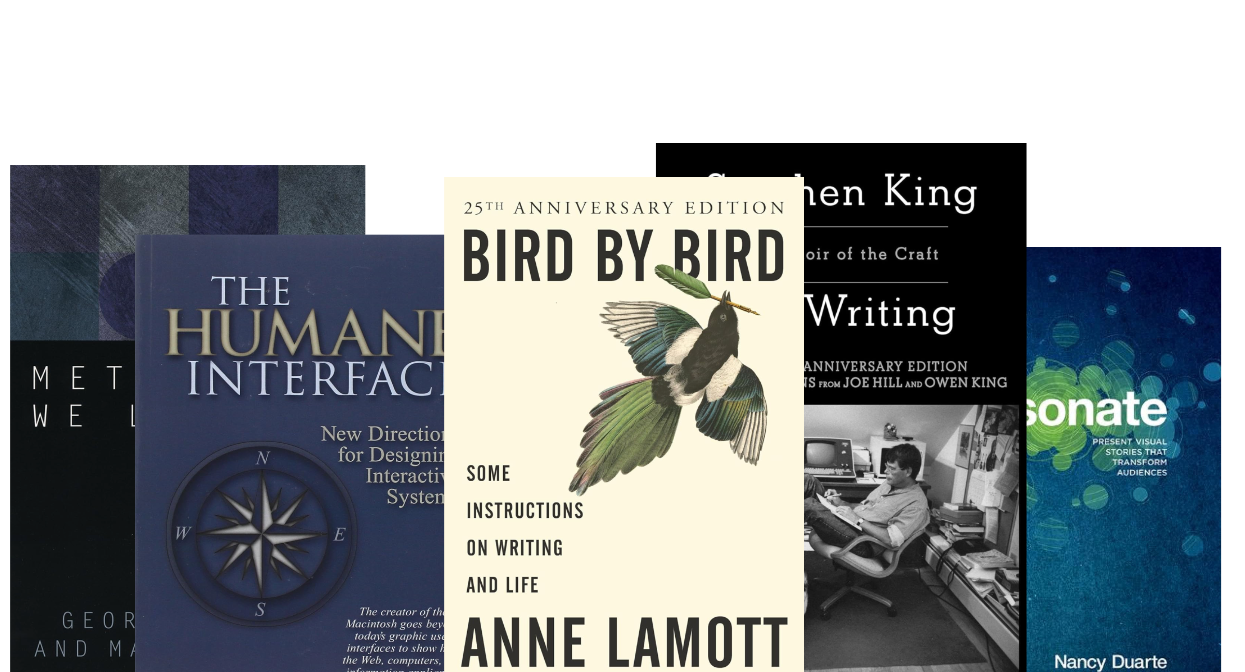
Books That Shaped iA
Five books that helped us improving our writing, presenting, and design skills.
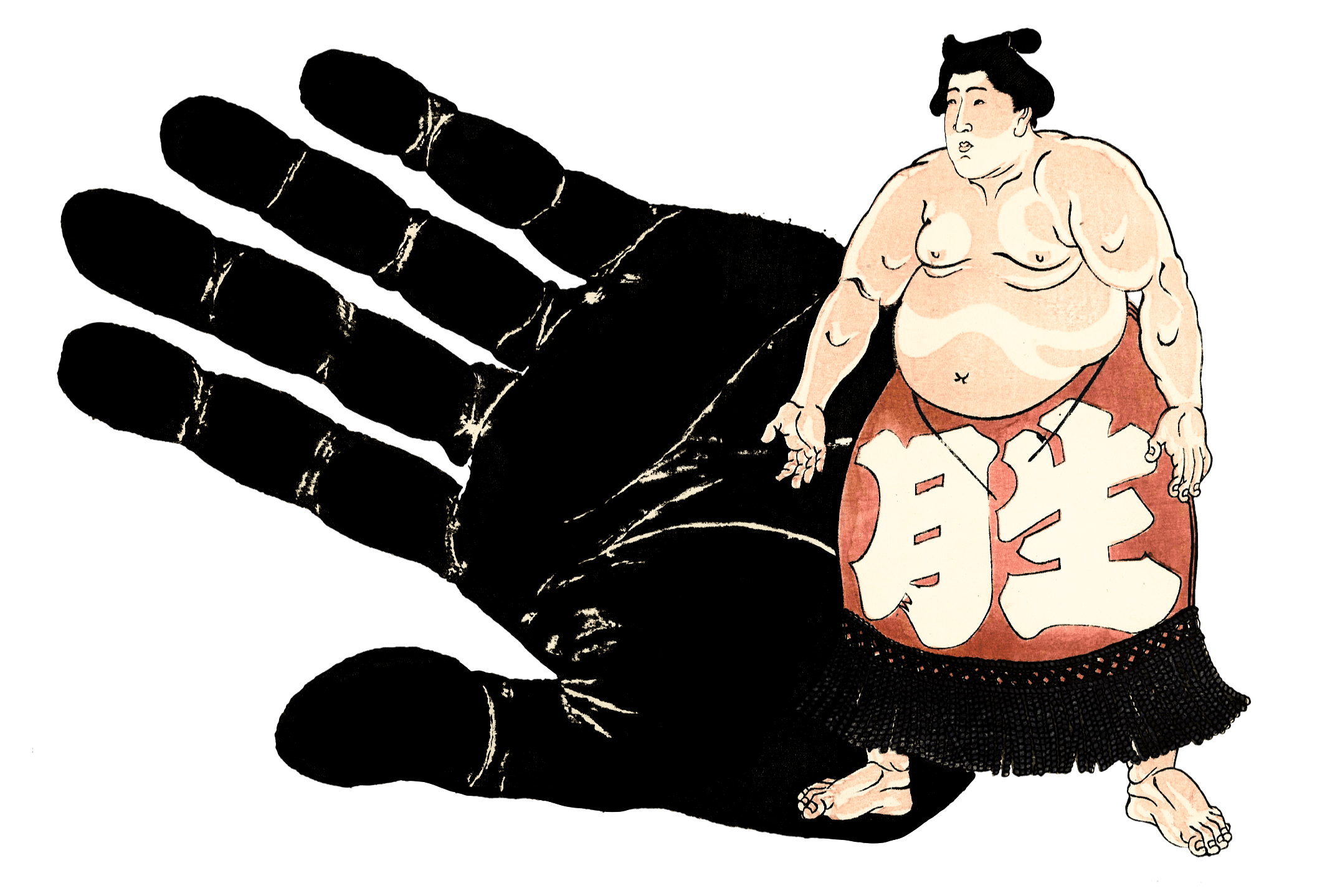
Finding confidence
Practice, practice, practice
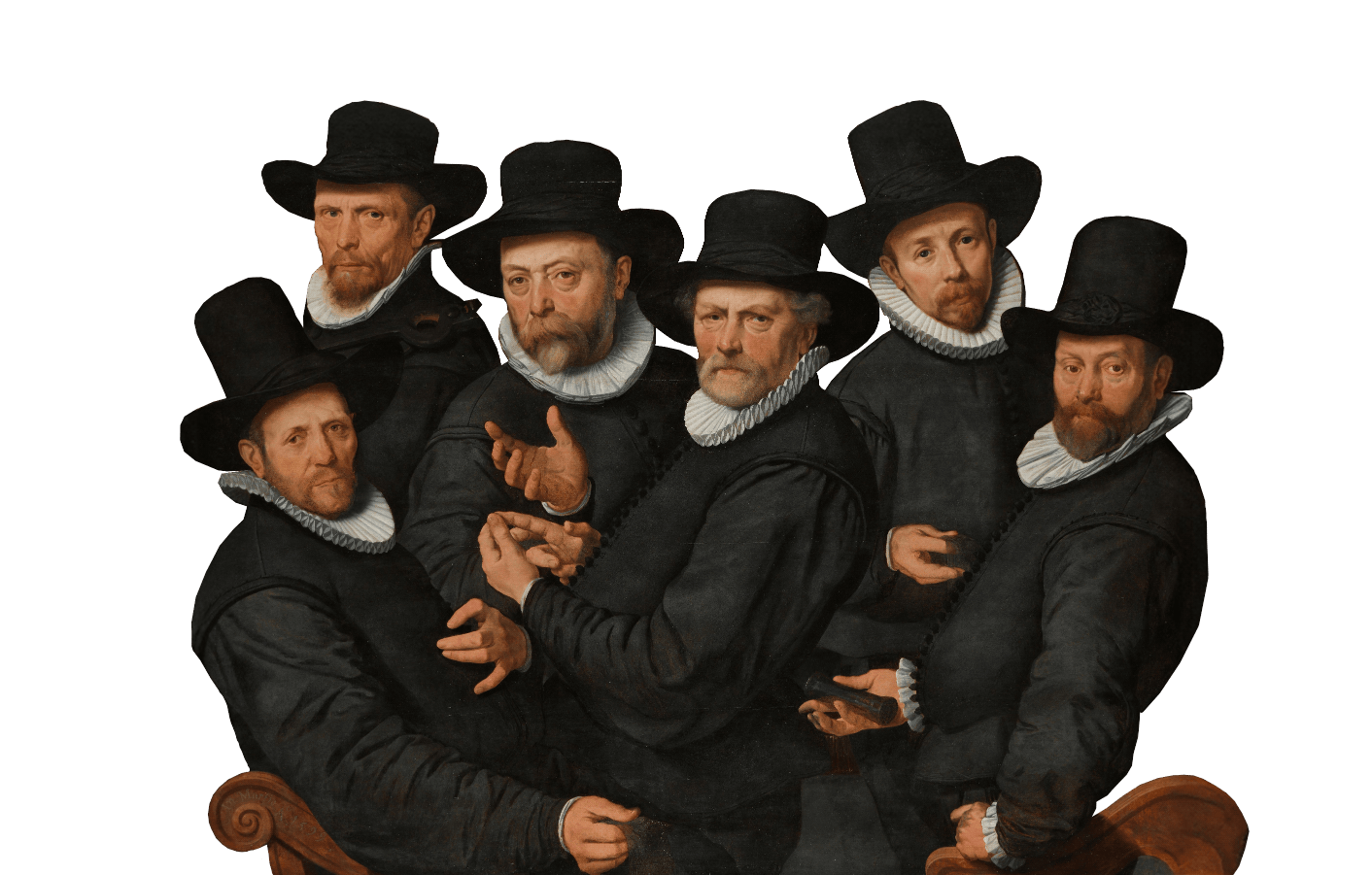
Behind the gesture
Where do I put my hands while I speak?

Sharing Presentations Made Easy
iA Sharing is now available in iA Presenter for Mac (beta)

A Good Image Tells a Good Story
What Does it Say?

Successful Methods of Public Speaking
Never imitate
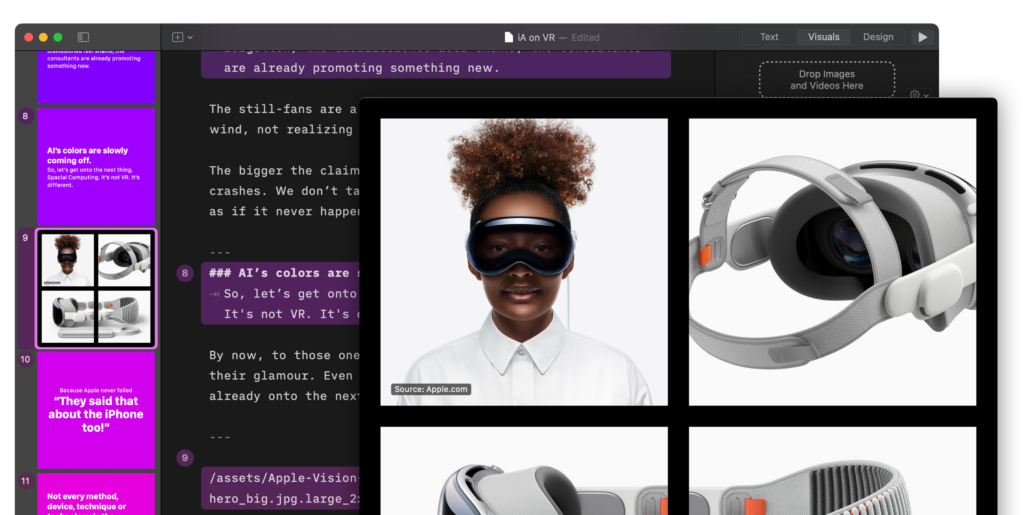
Improved Image Handling
Update 1.2 for iA Presenter's first birthday

Is Every Picture Worth 1,000 Words?
Critique of the pure stock image

Finishing your speech
The conclusion is not a formality
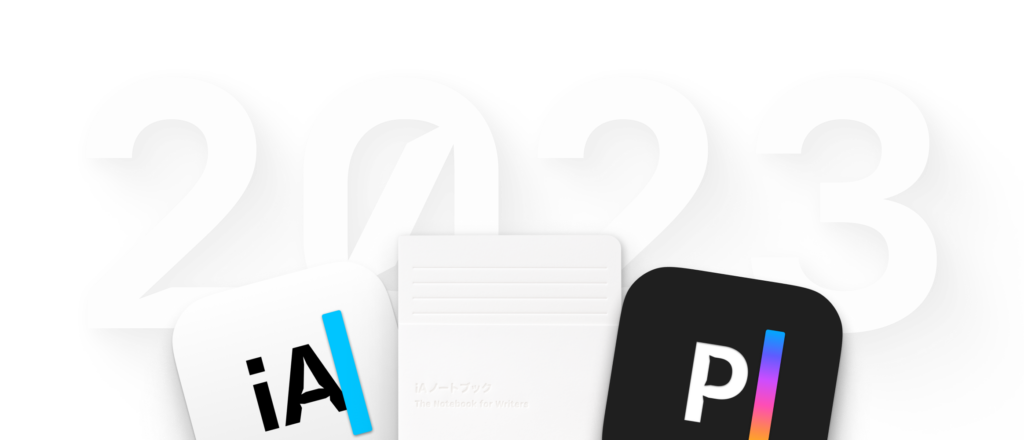
The 2023 Recap
From a single app to three products
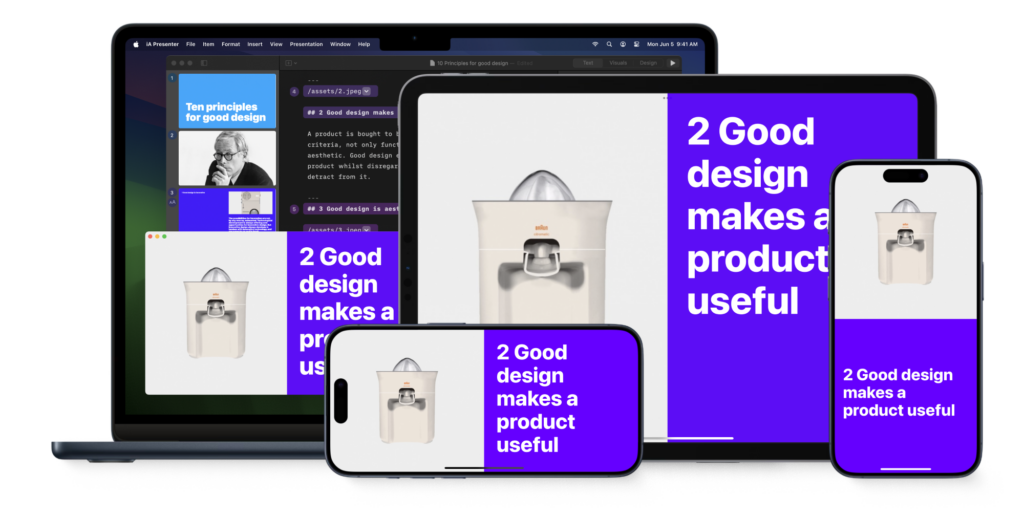
iA Presenter Beta for iPad and iPhone
The final gift of this year’s Winterfest
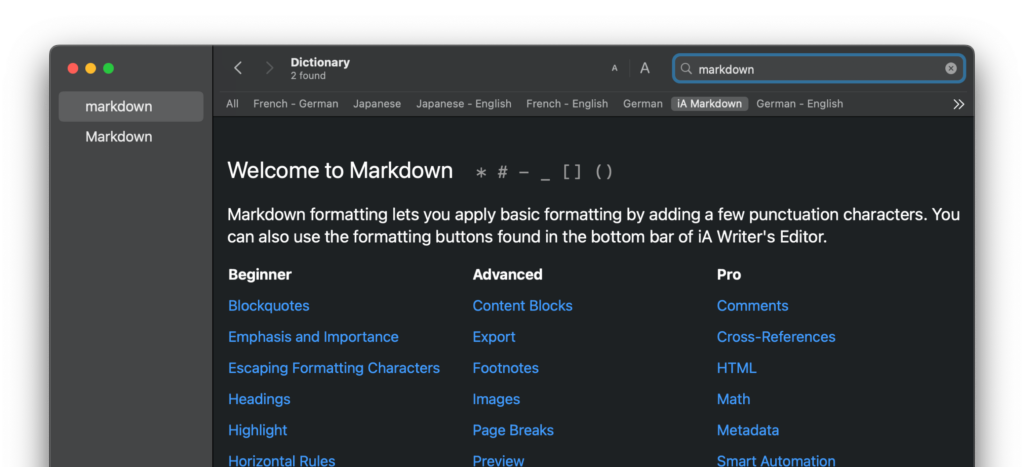
iA Markdown Dictionary
Right click syntax in your editor, any editor

iA Winterfest 2023
Enter our raffle to get one of the first iA Notebooks
Launch Day
Fixitfixitfixit
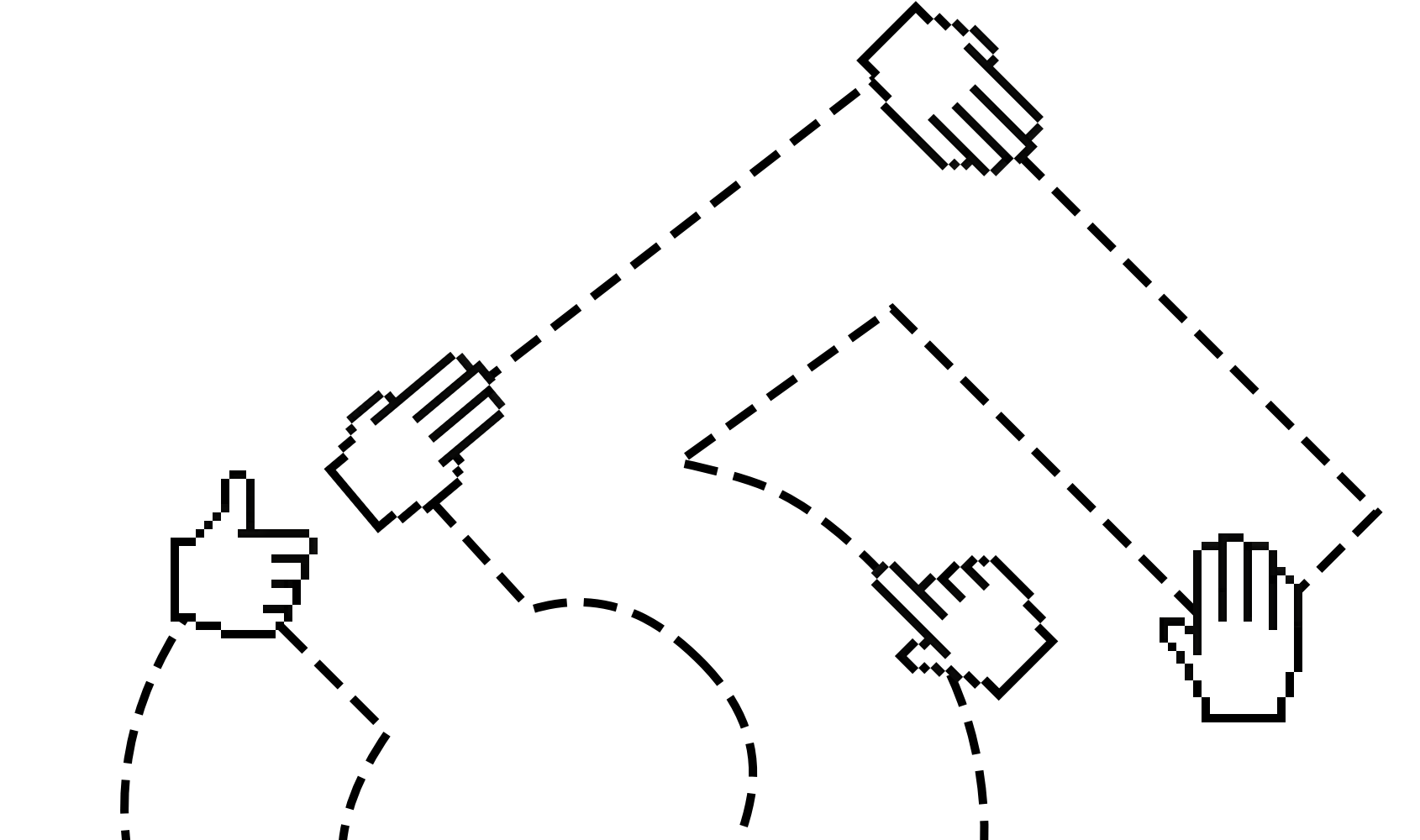
Presentation Tips
The five key points to holding a moving presentation
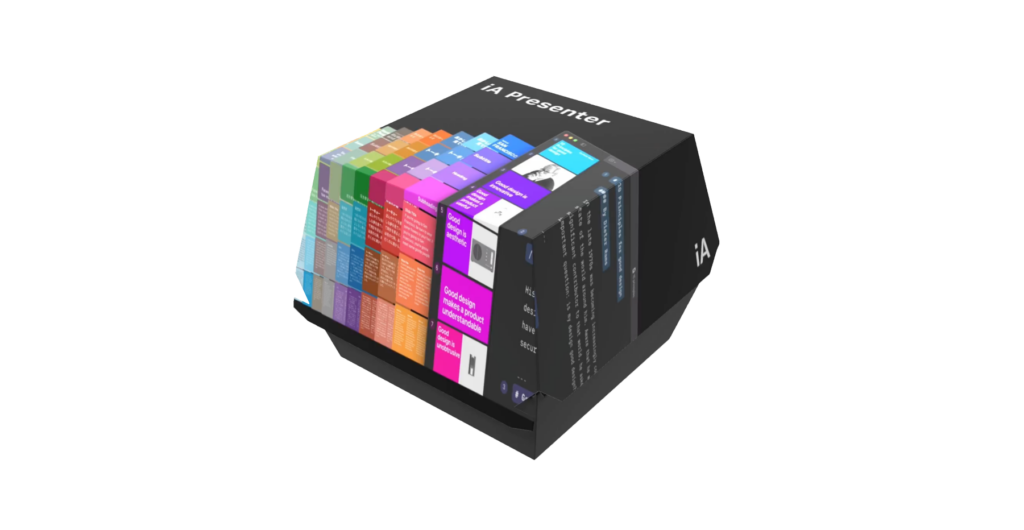
Presenter Pricing (II)
How many Big Macs for an app?

Design Takes Time
Like all good things
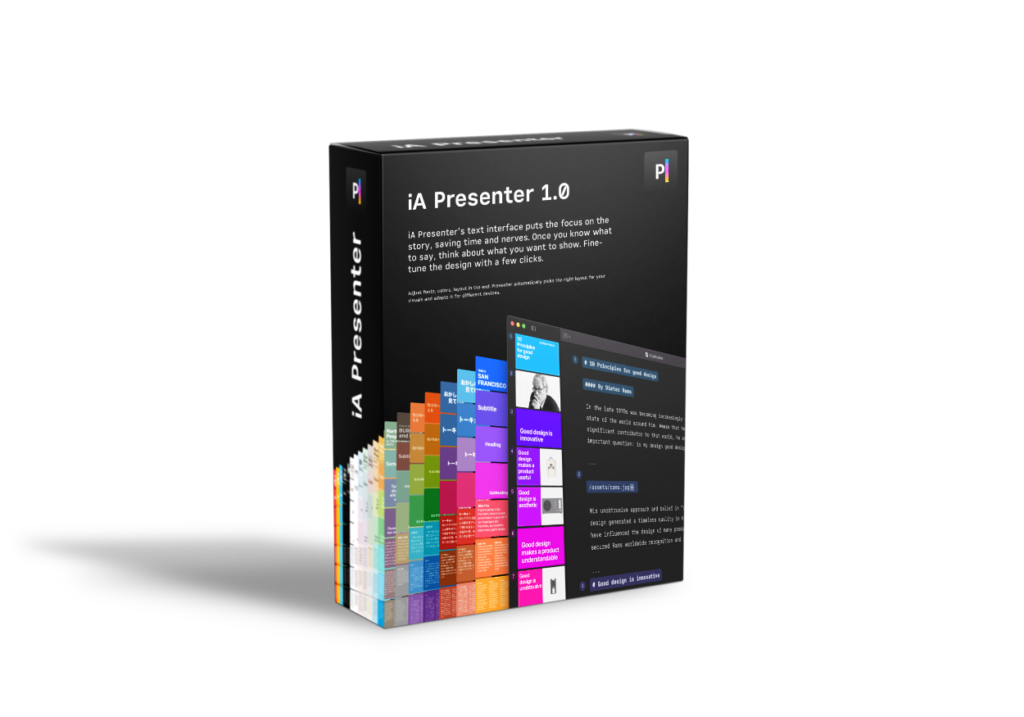
Presenter Pricing (I)
We could just ask you how much you would pay, but...
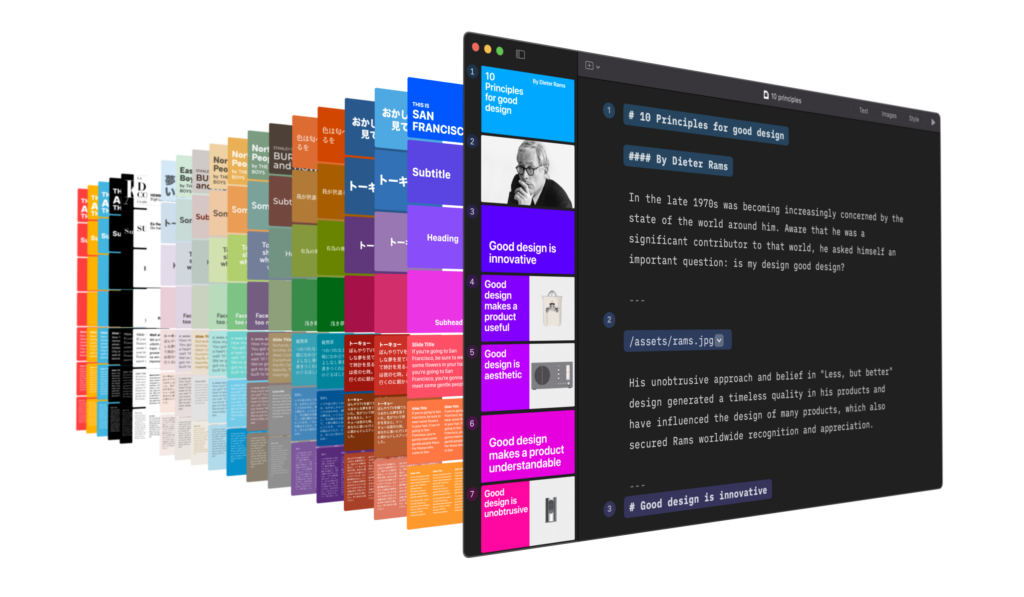
The Story-Based Presentation App
iA Presenter cuts creation time to a minimum
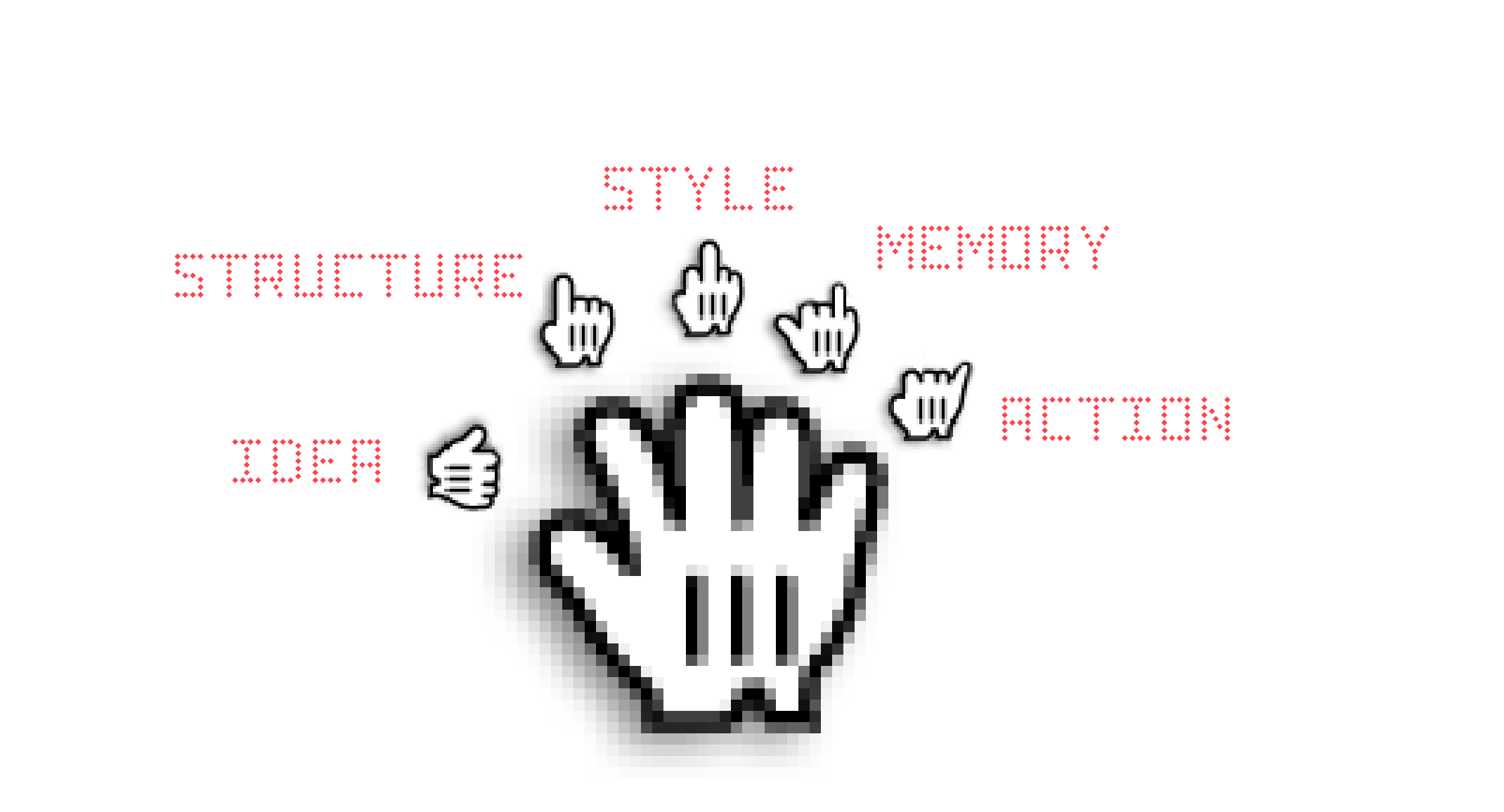
How Can We Make Presentations Better?
You just need a good story and an app that lets you tell it

Being Boring
What's Wrong With PowerPoint?

